Introduction
Crime is a complex and multifaceted phenomenon that has been studied by sociologists, criminologists, and psychologists for centuries. While there is no single explanation for why crime occurs, many experts believe that human nature plays a significant role in shaping criminal behavior.
This paper will explore the relationship between crime and human nature, examining the various factors that contribute to criminal activity and the ways in which these factors are influenced by our innate human tendencies.
The Biological Basis of Crime
One of the most widely accepted explanations for criminal behavior is that it is rooted in our biology. Studies have shown that certain genetic and physiological factors can make individuals more susceptible to committing crimes. For example, research has found that people with certain variations of the MAOA gene, which is involved in the regulation of neurotransmitters in the brain, are more likely to engage in violent behavior.
Additionally, brain imaging studies have revealed that certain areas of the brain, such as the amygdala and the prefrontal cortex, are less active in individuals who have a history of criminal behavior. In addition to biological factors, there are also a number of psychological factors that can contribute to criminal behavior. For instance, individuals who have experienced trauma or abuse in childhood may be more likely to engage in criminal activity as adults.
Additionally, people who suffer from mental health disorders such as antisocial personality disorder or schizophrenia may also be at a higher risk of committing crimes. Another important psychological factor that is often cited as a contributor to criminal behavior is poor impulse control. People who struggle to control their impulses are more likely to make impulsive decisions, such as committing a crime, without considering the potential consequences.
The Social Factors that Influence Crime
The relationship between crime and human nature is not only influenced by biological and psychological factors but also by social factors. Many criminologists argue that crime is a product of poverty and inequality, and that people who live in disadvantaged communities are more likely to engage in criminal activity.
Additionally, socialization also plays a role in criminal behavior, with individuals who are exposed to criminal behavior in their environment more likely to engage in such behavior themselves. One of the most debated topic in the study of crime and human nature is the role of free will.
Some argue that criminal behavior is a result of a lack of free will, with individuals being predetermined by their biology and environment to engage in criminal activity. Others argue that individuals have the ability to make choices and that criminal behavior is a result of a conscious decision to break the law.
Regardless of the debate, it is important to note that the concept of free will is complex and multifaceted. While biology and environment may influence an individual's likelihood of committing a crime, it is also important to consider the role of agency and personal responsibility in criminal behavior.
The Impact of Society on Human Nature
Another important aspect to consider when examining the relationship between crime and human nature is the impact of society on human nature. Society shapes our beliefs, values, and behaviors, and can have a profound impact on how we view and engage in criminal activity.
For example, some societies may view crime as a moral failing and place a strong emphasis on personal responsibility and punishment. In contrast, other societies may view crime as a symptom of larger social issues, such as poverty and inequality, and focus on addressing these underlying issues to reduce criminal behavior.
The Relationship between Crime and Culture
Another important aspect to consider when examining the relationship between crime and human nature is the relationship Another between crime and culture. Culture can have a significant impact on how crime is defined, perceived, and punished.
Different cultures may have different norms and values, which can influence how individuals view criminal behavior and how society responds to it. For example, some cultures may view certain types of criminal behavior as more acceptable or less severe than others. Additionally, different cultures may have different approaches to punishment, with some emphasizing rehabilitation and others emphasizing punishment and deterrence.
The media plays a significant role in shaping public perceptions of crime and human nature. The way crime is reported in the media can influence how individuals view criminal behavior and the causes of crime. Additionally, the media can also shape public perceptions of human nature, influencing how we view the nature of criminal behavior and the individuals who engage in it.
It is important to be aware of the potential biases and inaccuracies in media coverage of crime, and to critically evaluate the information presented in order to gain a more accurate understanding of crime and human nature.
The Link between Mental Health and Criminal Behavior
Another important aspect to consider when examining the relationship between crime and human nature is the link between mental health and criminal behavior. Individuals with mental health conditions, such as schizophrenia, bipolar disorder, and depression, are more likely to engage in criminal behavior than those without these conditions.
This may be due to a variety of factors, such as the symptoms of the mental health condition, the individual's access to treatment and support, and the societal response to mental health. However, it is important to note that the majority Substance abuse is another important factor to consider when examining the relationship between crime and human nature.
Individuals who struggle with substance abuse are more likely to engage in criminal behavior than those who do not. This may be due to the influence of drugs and alcohol on decision-making and impulse control, as well as the societal response to substance abuse.
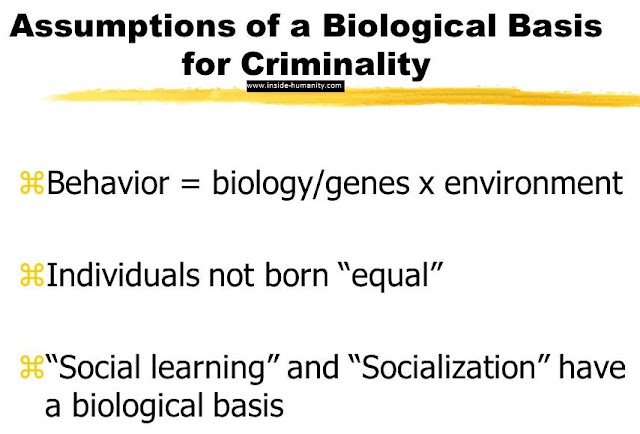
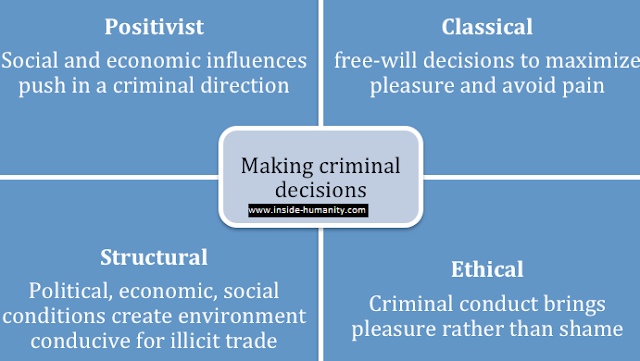
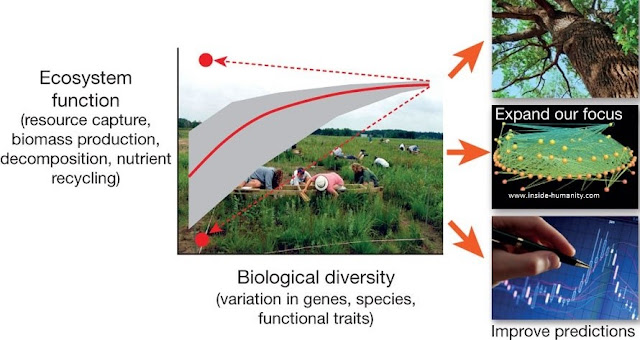
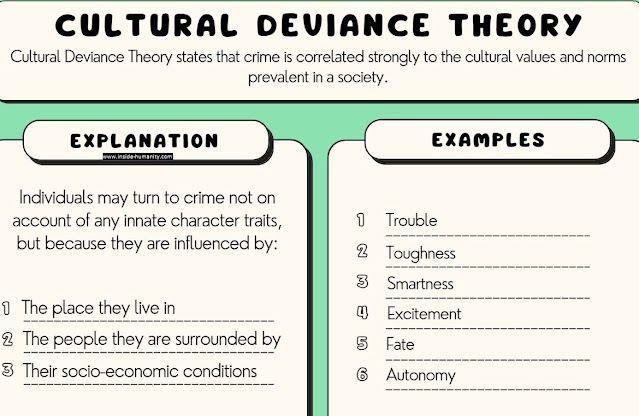
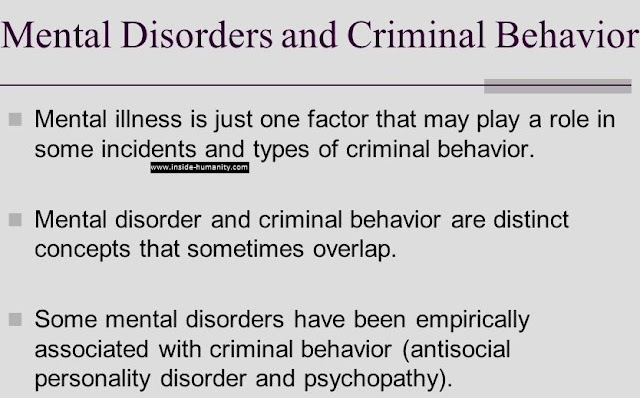
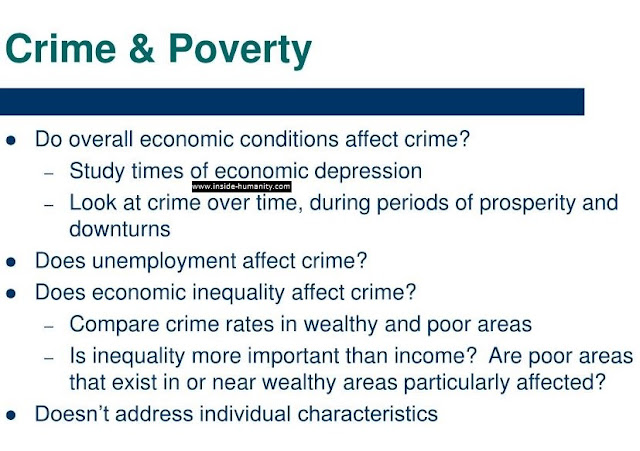
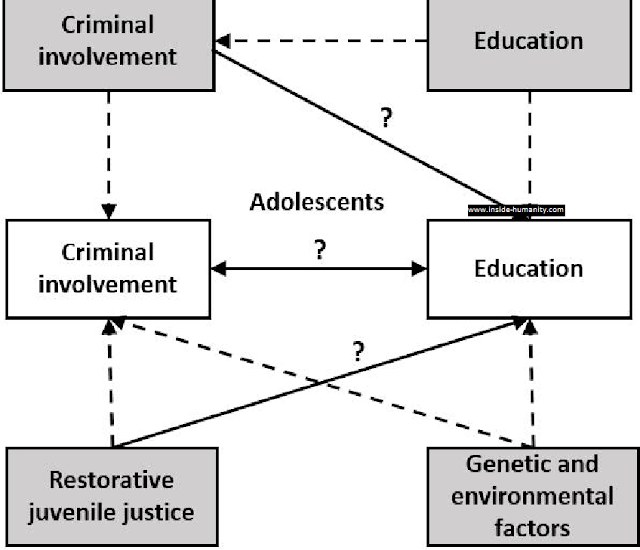






0 Comments
Thank you. We'll reply you shortly.